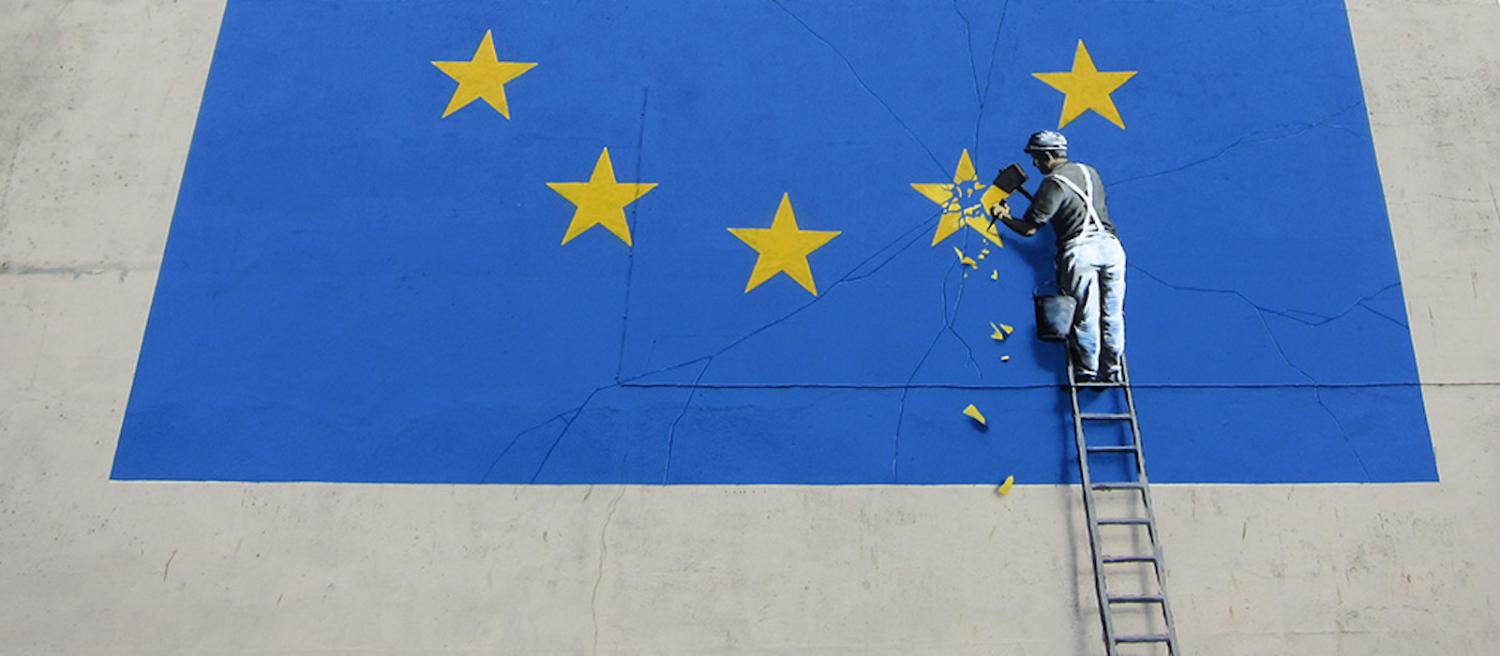It’s an old joke: a couple from the city get lost in the countryside and ask a farmer for directions back to town. “Oh, I wouldn’t start from here,” the farmer replies with a grin.
And so trapped must feel British Prime Minister Theresa May, fighting for her political life in a bid to break with Europe. Earlier this week, May declared negotiations with the European Union to be “in the endgame”. Now, having put a deal to cabinet only to see more ministers quit in protest, the endgame seems to be closing on her.
The issues are consuming. Ambitions for “Global Britain” must resolve the status of the Northern Ireland border, and what to do about a customs union with Europe, not to mention navigate the potent political tribes invested in the process. Has the position of the Brexiteers changed? Is a so-called “hard Brexit” still in prospect, or could there yet be another referendum?
Although from the outside following the latest twists in this saga might seem bemusing, the consequences extend beyond Britain. This week, the Lowy Institute hosted two events on Brexit. The first event in Melbourne featured RMIT’s Tom Bentley and Lowy senior fellow Euan Graham. They discuss the local political players, the role of the media and Cambridge Analytica, and the cost and opportunity for British diplomacy in the years ahead.
The second panel, in Sydney, featured the ANU Centre for European Studies’ Annmarie Elijah, business journalist Ticky Fullerton, and Lowy’s Asian Power and Diplomacy Program Director Hervé Lemahieu. The result was a fascinating and wide-ranging discussion on the prospects for Brexit negotiations; what happens next, what are the best and worst case scenarios, and what are the implications for Britain and Europe.
On the question of whether there might be another referendum …
Lemahieu: “Both parties have agreed to keep a lid on the idea of reopening another referendum because it would be just so painful … The Labour party itself faces these internal tensions, the same one the Tories are now facing. So it’s not clear to me that, regardless of a general election, the British political system would be able to come up with a more decisive alternative to what’s already taken place.”
... and the impact on Britain’s role on the multilateral stage?
Elijah: “Potentially [it could be enhanced]. That could be really interesting if Britain was to return to a multilateral forum like [the World Trade Organisation] and use that multilateral organisation in the way that it could be used.”
Fullerton: “Particularly with Russia as a rising threat, the whole of Europe will be very interested (as will Trump, actually) in keeping Britain as a major player in all the theatres, whether it’s Five Eyes or the UN … Britain contributes, for a start, which Donald Trump likes, but it also is a very big player in the defence industry and I think will remain so.”
Can Britain pull this off economically?
Fullerton: “I’m very glass half full on Britain’s ability to go out and do trade deals were it given that freedom … You’d be surprised how markets work given the freedom … [and] there are other reasons why Britain will be just fine thank you very much, and it will be about the relationships … Britain’s place in the world will be just fine. Europe needs Britain from a security point of view, from a financial services point of view. I think Britain will remain very strong.”
And implications for Europe?
Elijah: “This is really the beginning of a process, perhaps of disintegration, in Europe … You only have to take a cursory glance at European Union politics across the board to see this is not the only source of trouble and strife. The EU is facing a whole series of challenges … migration … the ramifications of the Euro crisis from some years ago, and then extreme political movements of left and right in a number of member states, any of which can imperil the European project in the coming years … It is an absolute error of judgment to regard Brexit as a single instance of insanity.”

